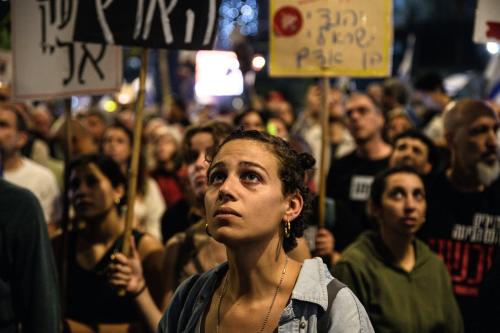There are now 22 states that have passed initiatives either legalizing recreational or medical marijuana. With laws in almost half of the 50 states now in conflict with the federal government, which purports to maintain its prohibition on the production, distribution or consumption of cannabis and other narcotics, something has to give.
But the issue is not limited to contradictory federal and state laws within the United States. Countries like Mexico, the Central American nations and some Caribbean islands, which have been at the forefront of the fruitless fight against illicit drugs entering the United States from their territories, are now faced with a growing conundrum.
While expensive and failed interdiction efforts have effectively been subcontracted by Washington to third countries, there is a clear tendency within the world’s largest drug consuming country to remove both the stigma and legal prohibition against individual consumption. This will inevitably lead to a reconsideration of why we are spilling blood and spending huge sums of money to satisfy outdated laws that Americans themselves are gradually repudiating. Mexico, in particular, needs to re-examine its strategy in light of these recent developments and make a decision as to whether it wants to continue to fight a battle that a majority of Americans in a recent Gallup poll opposed.
It is time for America to wake up and face the reality of its drug culture by harmonizing federal laws with citizen’s demands and ending the criminalization of drugs. Mexico and many other countries in the region and beyond will benefit by removing the sale of at least soft drugs from organized crime and bringing it under the same controls that the government applies to alcohol and tobacco. Demand creates supply in this market just as it does in any open economy; as long as the demand remains, drugs will be supplied. Better to tax, regulate and supervise the market than to continue a failed strategy of pretending that the problem wouldn’t exist if only producing and transit countries didn’t allow drugs to reach the U.S. market.


Commentary
Op-edWhere Is the Drug Policy Debate Headed Next?
November 16, 2012